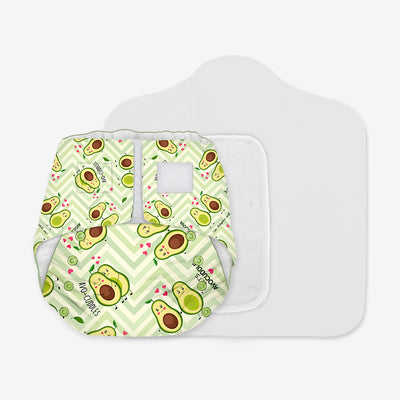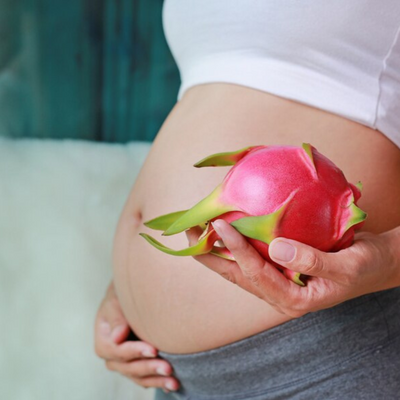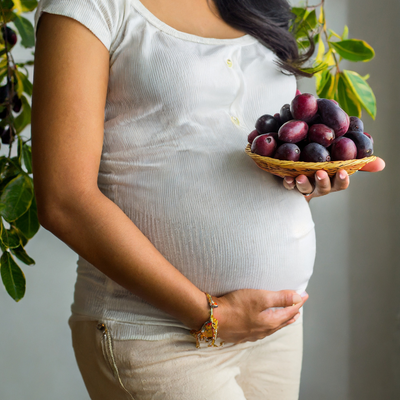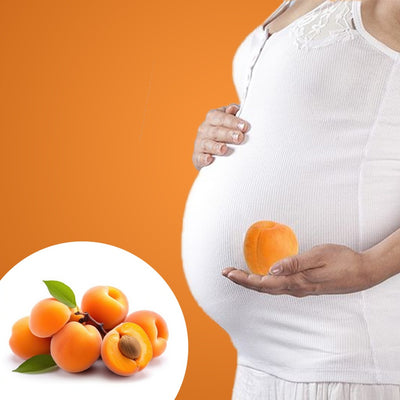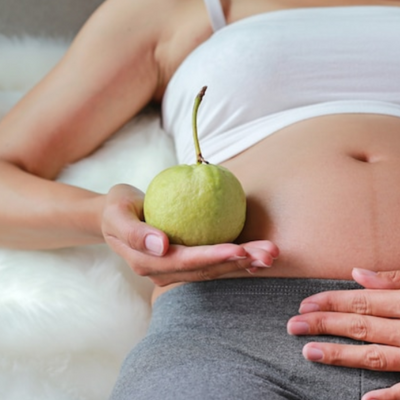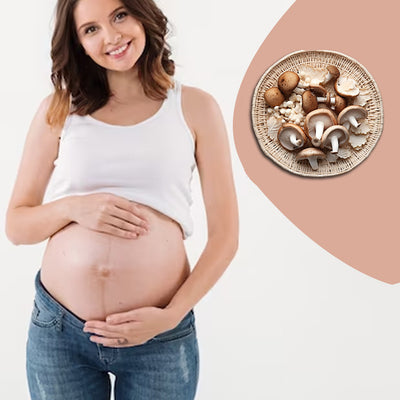Benefits of Eating Pumpkin During Pregnancy

Eating Pumpkin During Pregnancy
Pregnancy is a transformative journey marked by numerous decisions, particularly when it comes to feeding both the mother and the developing life within. Adopting a healthy diet is critical, and one often-overlooked superfood deserving of attention is pumpkin. Aside from its delicious flavor, the orange-hued powerhouse is loaded with nutrients that are essential for pregnant women. As the crisp autumn breeze ushers in pumpkin season, investigating its benefits during pregnancy becomes critical. In this blog, we'll look at the nutritional benefits of pumpkin and how it can help with common pregnancy symptoms, promoting a healthy and vibrant journey to motherhood.
Is It Safe to Eat Pumpkin in Pregnancy?
Consuming pumpkin during pregnancy is not only safe, but also very beneficial. Pumpkin is a nutritious addition to a prenatal diet, as it contains essential nutrients such as vitamins A, C, and E, as well as a high fiber content. Its natural sweetness satisfies cravings while encouraging proper digestion. Additionally, the presence of beta-carotene promotes fetal development. As we look at the safety and benefits of incorporating pumpkin into your pregnancy diet, remember that this vibrant vegetable can be a delicious and nourishing companion on your maternal journey.
Health Benefits of Eating Pumpkins during Pregnancy
Nutrient Powerhouse: Pumpkin is a nutritional powerhouse, providing an abundance of essential vitamins and minerals. Vitamin A promotes healthy fetal growth by supporting the development of organs and tissues..
Digestive Wellness: Pumpkin is high in fiber, which helps to maintain good digestive health during pregnancy. It alleviates common discomforts like constipation, resulting in a more comfortable journey for both mother and baby.
Immune System Support: The abundance of vitamin C in pumpkins contributes to a robust immune system. This is particularly crucial during pregnancy to protect against infections and ensure overall well-being.
Hydration and Electrolyte Balance: Pumpkins have a high water content, aiding in hydration. Additionally, the presence of potassium helps maintain electrolyte balance, supporting proper muscle function and preventing cramps.
Gestational Diabetes Management: The fiber and low glycemic index of pumpkin can assist in managing gestational diabetes. It helps regulate blood sugar levels, promoting a stable environment for both mother and baby.
Heart Health Benefits: Potassium and antioxidants in pumpkin contribute to cardiovascular health, supporting a healthy blood pressure range and reducing the risk of complications during pregnancy.
Mood and Sleep Enhancement: The amino acid tryptophan in pumpkin seeds can contribute to improved mood and sleep. These factors are vital for overall maternal well-being and the healthy development of the unborn child.
Side Effects of Eating Pumpkins During Pregnancy
While pumpkin is generally a safe and nutritious choice during pregnancy, it's essential to be mindful of potential side effects. Excessive consumption may lead to an overdose of beta-carotene, causing a harmless but noticeable orange discoloration of the skin. Additionally, individuals prone to allergies should exercise caution. Moderation is key to enjoying the benefits of pumpkin without encountering any adverse reactions during this delicate phase of life.
How Do You Include Pumpkins in Your Pregnancy Diet?
Incorporating pumpkins into your pregnancy diet is both easy and delicious. Opt for roasted pumpkin slices as a wholesome snack, blend them into smoothies for added nutrition, or include them in hearty soups and stews. Pumpkin puree can also enhance baked goods like muffins or pancakes. Embrace the versatility of this nutrient-packed vegetable to create a diverse and enjoyable menu during your pregnancy journey.





